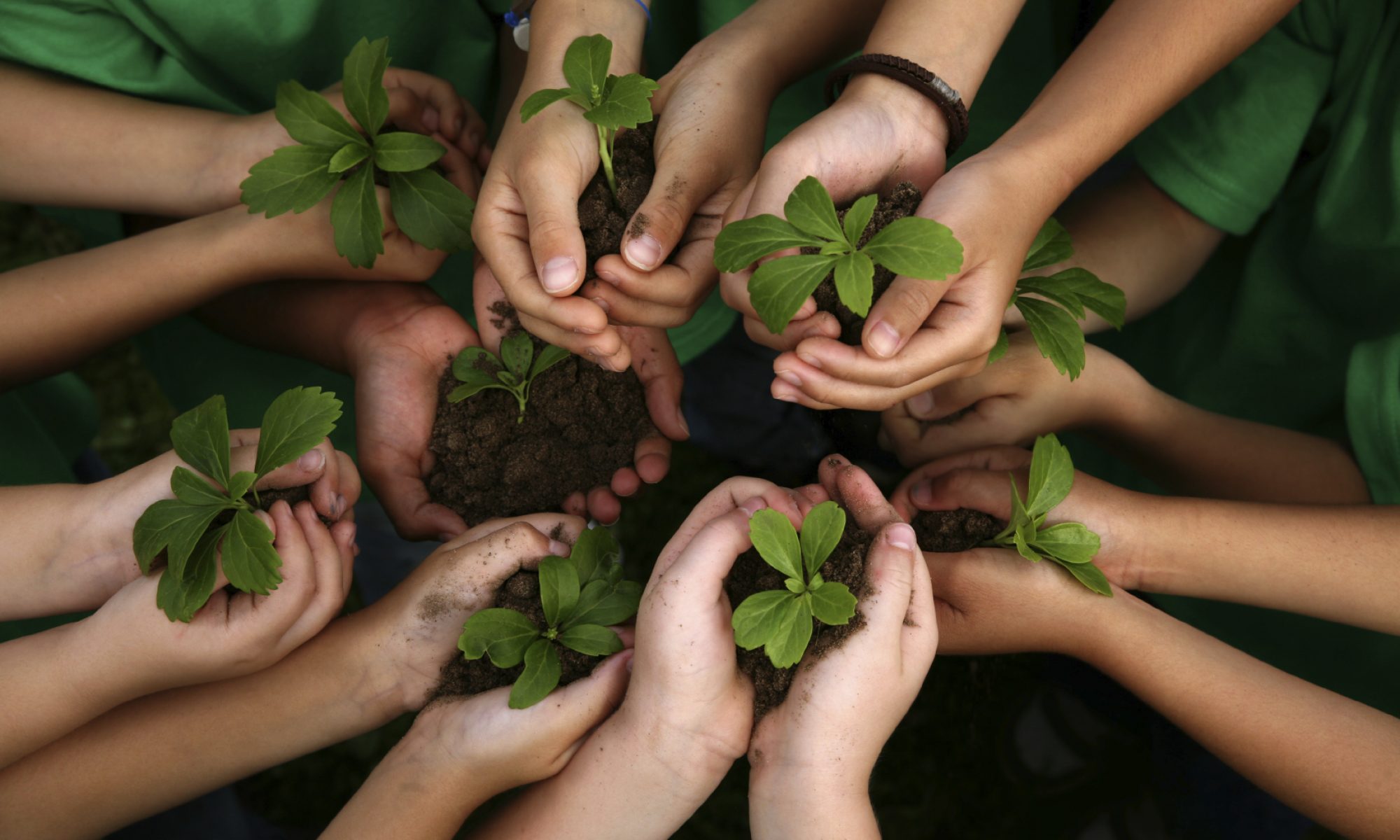If concerns about child abuse are reported to the police, they have a duty to investigate. This page tells you more about these investigations and how the decision to prosecute is taken.
Law Enforcement Response to Child Abuse
How the police investigate allegations of child abuse
If someone reports concerns about child abuse to the police, the case will be dealt with by a specialist child abuse investigation team.The team may do one or more of the following things to investigate the allegations:
- share information with the local authority, schools, and health services to establish what is already known
- visit and speak to the child, either with or without parental permission
- visit the home where the child lives or where the offence took place
- search for and seize evidence of the offence
- arrange a medical examination of a child (see below)
- place a child into police protection for up to 72 hours if they believe the child is at risk of immediate significant harm
- gather statements from potential witnesses (see below).
Medical examinations
The police may want the child who has been abused to be medically examined. The first priority in a medical examination is the safety and welfare of a child. If a child needs immediate medical treatment, this will always come before any other consideration. Where the child is very young, the parents have to give permission for a medical examination. On rare occasions, a social worker may seek a court order for a medical examination to take place if a parent won’t allow it. If the child is older, the doctor will have to be satisfied that the child is clearly able to give their consent to be medically examined. Police and social workers may attend the medical examination along with the child’s parents and it will be carried out by a specialist pediatrician who will make a record of any injuries and arrange photographs if necessary. If you visit a GP with concerns about child abuse, a further specialist medical examination may need to take place.
Statements
The police may ask anyone who could be a witness to the abuse to provide a statement. This may be written or, particularly with children, by interviewing in a special room with video or DVD recording equipment. When a child is interviewed, a social worker will often be present or may even conduct the interview if they have specialist training. If you are suspected of child abuse, the police must either arrest you or invite you to speak to them at a police station. They must advise you of your legal rights and offer you the opportunity of seeking advice from a solicitor.
Police complaints
If you’re unhappy about the way the police investigate allegations, you may be able to make a complaint.
The decision whether or not to prosecute
Once the police have conducted their investigation and gathered all relevant information, they have to decide if there is enough evidence to consider a prosecution. If there is enough evidence, the police papers are passed to the Child Protective Service (CPS) who make the decision whether a suspect should be charged with an offence or not. CPS may ask the police to make further enquiries or obtain additional evidence. There are guidelines in place which CPS must follow when dealing with a child abuse case. When they make the decision about whether to prosecute someone, specialist prosecutors in CPS must look at all the relevant evidence and decide:
- if there’s a realistic prospect of conviction, and
- if a prosecution is in the public interest.
The guidelines say that victims and witnesses should be made aware from the start of the investigation exactly what is expected of them, particularly in terms of going to court and giving evidence, and they should be offered support to help them in this process. When considering how believable a child or young person is, the police and CPS should focus on the allegation, rather than focusing just on any perceived weaknesses in the victim. In particular, police and prosecutors should avoid making assumptions about victims. A reluctance to cooperate with those in authority, failure to report allegations of abuse swiftly, and providing inconsistent accounts are not uncommon in victims of child sexual abuse, especially during initial interviews’.
The child or young person can be told that other people have made allegations about the suspect. But this should usually only be done after they have given their own account and the details of other allegations shouldn’t be shared.
